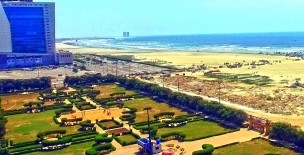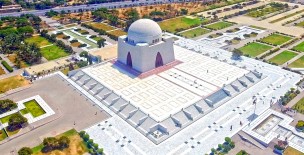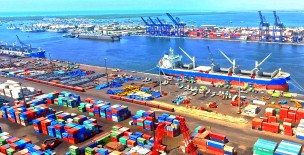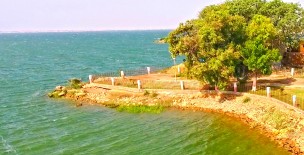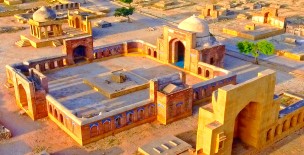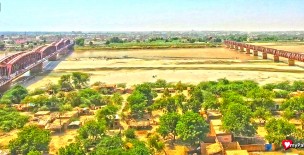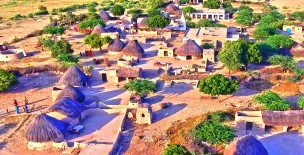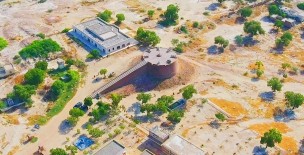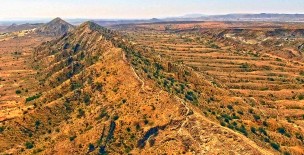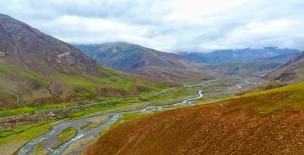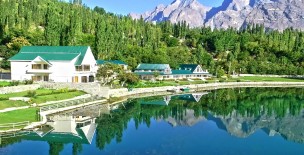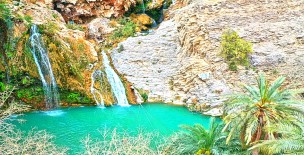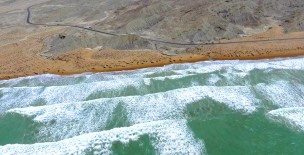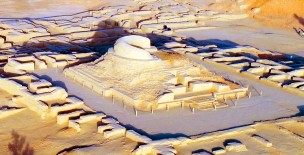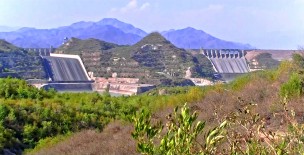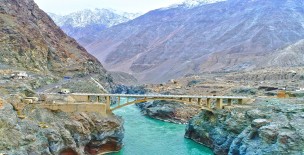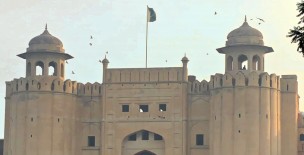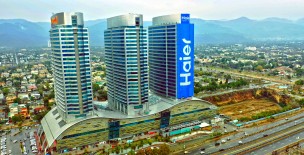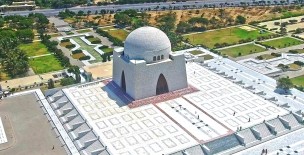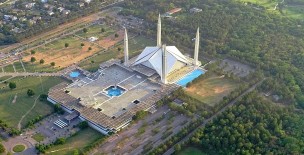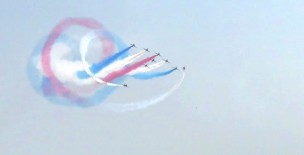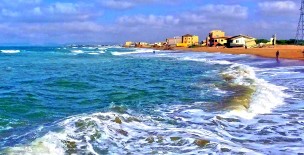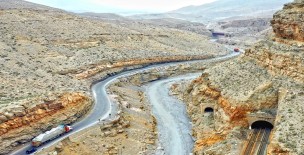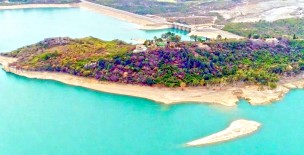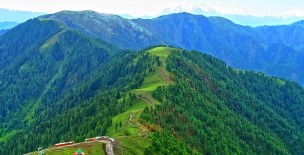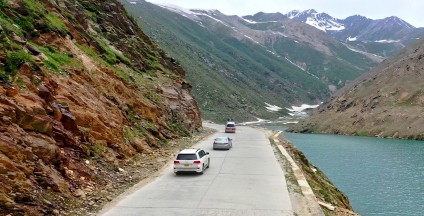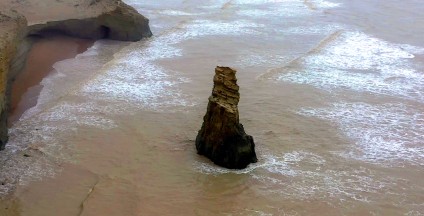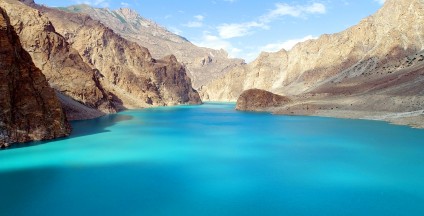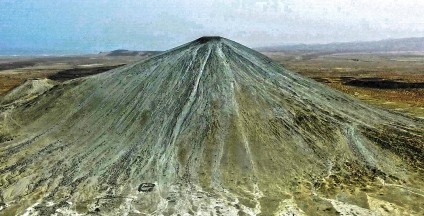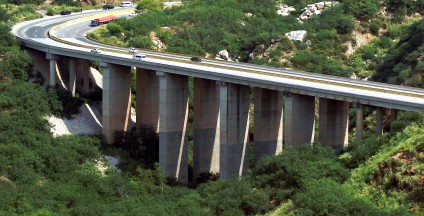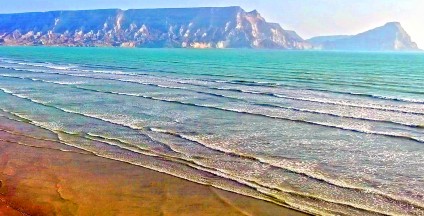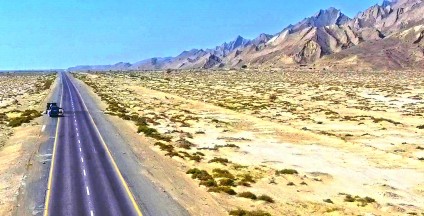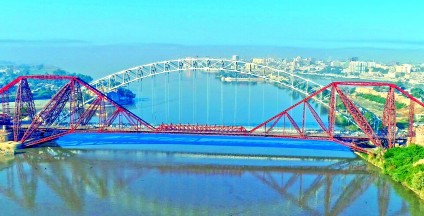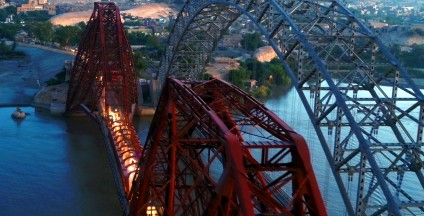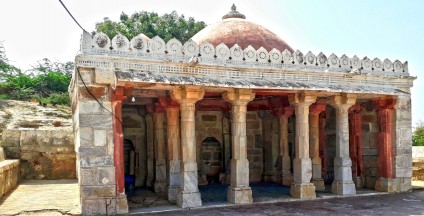On 2nd of July, 1968 Pakistan Steel Mills Corporation was setup as a private limited company in the public sector in accordance to the Companies Act of 1913, with the objective to establish and run steel mills at Karachi and other places in Pakistan.
In January, 1969, Pakistan Steel concluded an agreement with V/O Tiajproexport of the then USSR for the preparation of a feasibility report into the establishment of a steel mill at Karachi.
Subsequently in January, 1971 Pakistan and the USSR signed an agreement under which the latter agreed to provide techno-financial assistance for the construction of a coastal based intergrated steel mill at Karachi.
The foundation stone for this gigantic project was laid on the 30th of December, 1973 by the then prime minister Mr. Zulfiqar Ali Bhutto.
The mammoth construction and erection work of the intergrated steel mill, never experienced before in the country, was carried out by a consortium of Pakistani construction companies under the supervision of Soviet experts.
The construction involved the use of 1.29 million cubic meters of concrete and 5.70 million cubic meters of earthworks, as well as containing approximately 330,000 tonnes of heavy machinery, steel structures and electrical equipment.
Its unloading and conveyor system at Port Qasim is the third largest in the world and its industrial water reservior with a capacity of 110 million gallons per day is the largest in Asia.
A 2.5km long sea water channel connects the sea water circulation system to the plant site with a consumption of 216 million gallans of sea water per day.
The project was completed at a capital cost of Rs. 24,700 million. The completion of the steel mill was formally launched by General Zia-Ul-Haq the then President of Pakistan on the 15th of January 1985.
In spite of its enormous size and expansion, only 18% of the corporation's capacity was in use, which led to huge losses each year. Due to political involvement and poor handling of this massive project, it has become a huge burden on the economy.
Sindh - Pakistan Steel Mills Corporation
Related Videos
Leave a Comment:
For comment please login first: Login here
